When we think of medieval times, we often imagine knights, castles, and grand lineages. But behind every noble or commoner was a surname—a name that carried meaning, history, and sometimes even a touch of mystery.
Whether you’re a writer crafting a historical novel, a gamer creating a character, or just a history enthusiast, medieval last names can add depth and authenticity to your storytelling. Below, we’ve compiled 170+ medieval surnames, categorized for easy browsing, along with their meanings and origins.
1. Occupational Surnames
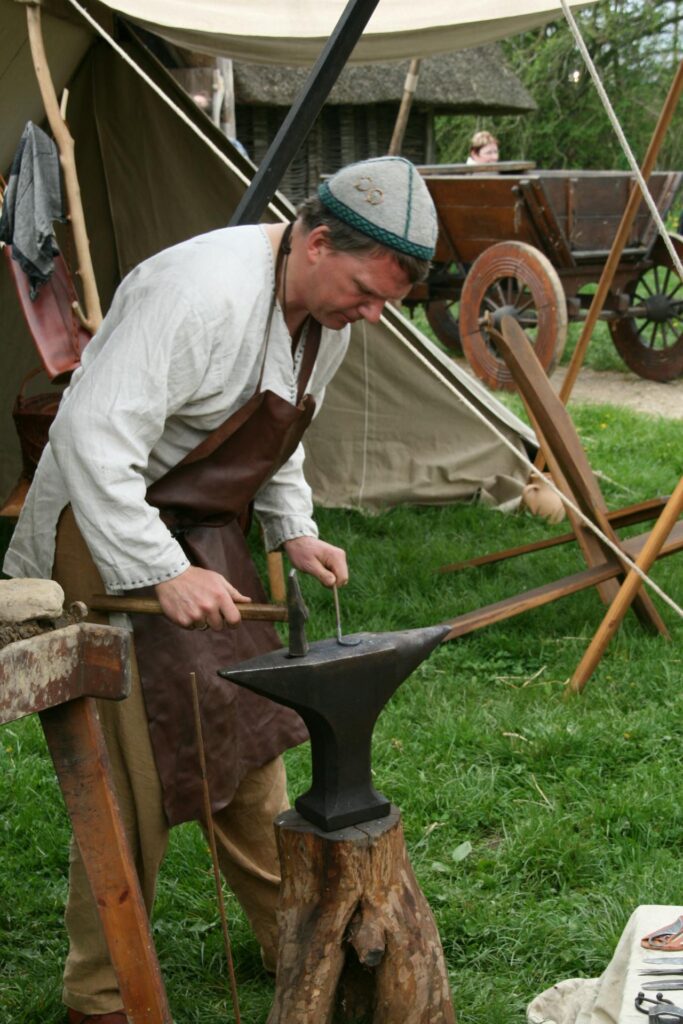
These surnames were derived from a person’s job or trade.
- Archer – A skilled bowman.
- Baker – Someone who baked bread.
- Brewer – A maker of ale or beer.
- Carpenter – A woodworker.
- Chandler – A candle maker or seller.
- Clark – Derived from “clerk,” meaning a scribe or scholar.
- Cooper – A barrel maker.
- Fletcher – An arrow maker.
- Forester – A keeper of the forest or game warden.
- Fuller – A person who cleaned and thickened cloth.
- Gardiner – A gardener or groundskeeper.
- Glover – A maker or seller of gloves.
- Hunter – One who hunted game.
- Mason – A stoneworker or bricklayer.
- Miller – A grinder of grain.
- Potter – A maker of pottery.
- Sawyer – A woodcutter.
- Shepherd – A tender of sheep.
- Smith – A blacksmith or metalworker.
- Tailor – A maker or mender of clothes.
- Tanner – A leatherworker.
- Thatcher – A roofer who used thatch.
- Turner – A lathe worker or woodturner.
- Weaver – A maker of woven fabrics.
- Wheeler – A wheel maker or repairer.
2. Patronymic & Matronymic Surnames
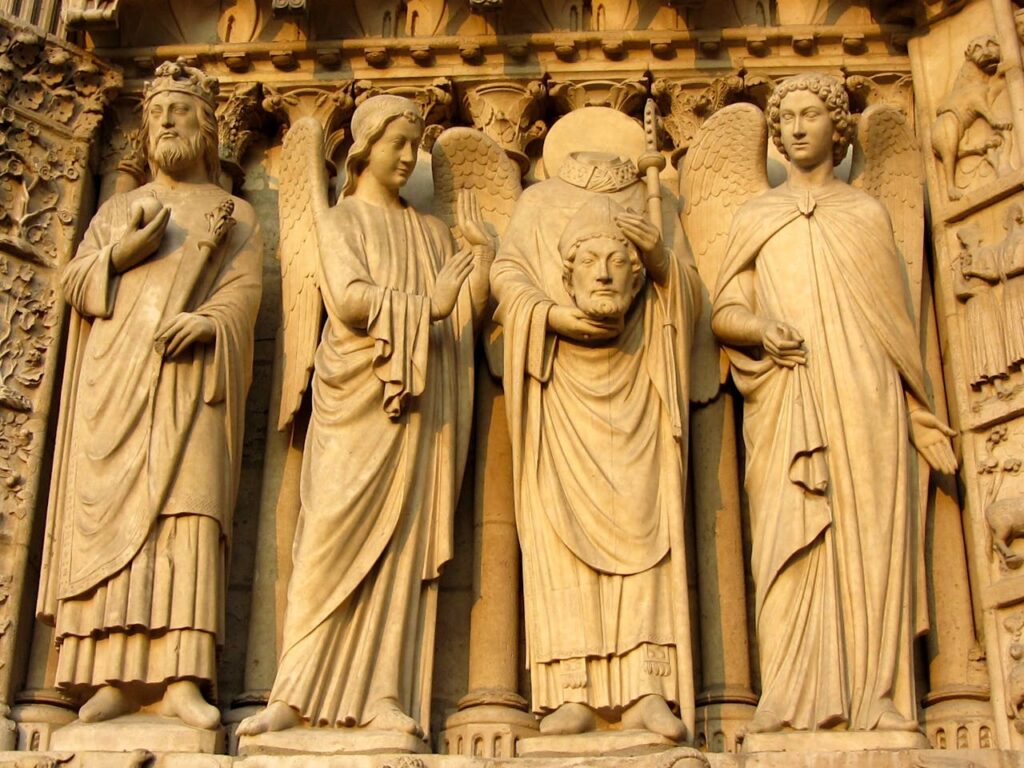
These surnames were based on a father’s or mother’s name.
- Adamson – Son of Adam.
- Anderson – Son of Andrew.
- Bennett – Son of Bennett (meaning “blessed”).
- Davidson – Son of David.
- Edison – Son of Edward.
- Fitzgerald – Son of Gerald (from Norman French Fitz).
- Fitzroy – Son of the king (often a royal bastard).
- Harrison – Son of Harry.
- Jackson – Son of Jack.
- Johnson – Son of John.
- MacDonald – Son of Donald (Scottish/Gaelic).
- MacGregor – Son of Gregor (Scottish).
- Matheson – Son of Matthew.
- Nicholson – Son of Nicholas.
- O’Connor – Descendant of Connor (Irish).
- O’Donnell – Descendant of Donnell (Irish).
- Peterson – Son of Peter.
- Richardson – Son of Richard.
- Robertson – Son of Robert.
- Simpson – Son of Simon.
- Thomson – Son of Thomas.
- Wilson – Son of Will.
3. Geographic & Locational Surnames
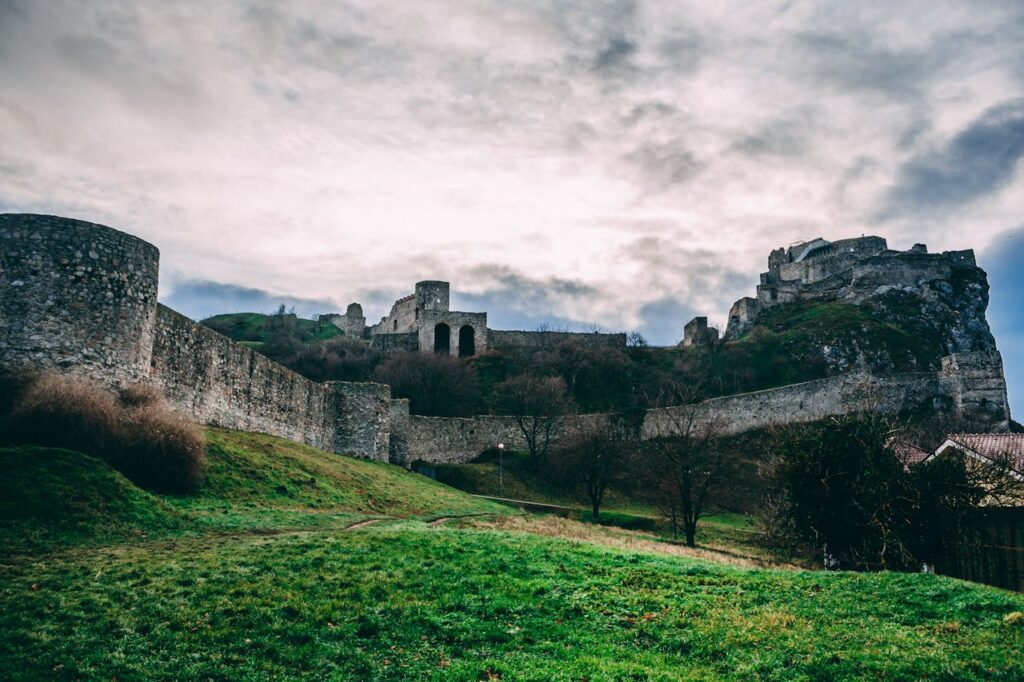
These names indicated where a person lived or came from.
- Ashford – From the town near ash trees.
- Atwood – Dweller at the woods.
- Barlow – From the bare hill.
- Barton – From the barley settlement.
- Beckett – From the small brook.
- Blackwood – From the dark forest.
- Bradley – From the broad meadow.
- Burton – From the fortified town.
- Byron – From the cow sheds.
- Carlisle – From the walled city (Roman Luguvalium).
- Clayton – From the clay settlement.
- Clifford – From the river crossing near a cliff.
- Cromwell – From the crooked well.
- Dalton – From the valley town.
- Darby – From the deer village.
- Dunham – From the hill settlement.
- Easton – From the eastern town.
- Ellis – From Elijah, but also linked to “the elder tree.”
- Everly – From the boar meadow.
- Fairfax – From the fair-haired.
- Farnham – From the fern-covered land.
- Gresham – From the grazing homestead.
- Hale – From the nook or hollow.
- Harlow – From the army hill.
- Haywood – From the hedged forest.
- Holmes – From the river islands.
- Langley – From the long meadow.
- Lindsay – From the island of linden trees.
- Marlowe – From the hill by the lake.
- Morton – From the moor town.
- Nash – From the ash tree.
- Pembroke – From the headland.
- Radcliffe – From the red cliff.
- Ridley – From the cleared meadow.
- Shelby – From the willow farm.
- Sherwood – From the bright forest.
- Sutton – From the southern settlement.
- Thornton – From the thorny town.
- Waverly – From the quaking aspen meadow.
- Wells – From the spring or well.
- Westbrook – From the western brook.
- Whitby – From the white settlement.
- Winthrop – From the friend’s village.
4. Descriptive & Nickname-Based Surnames
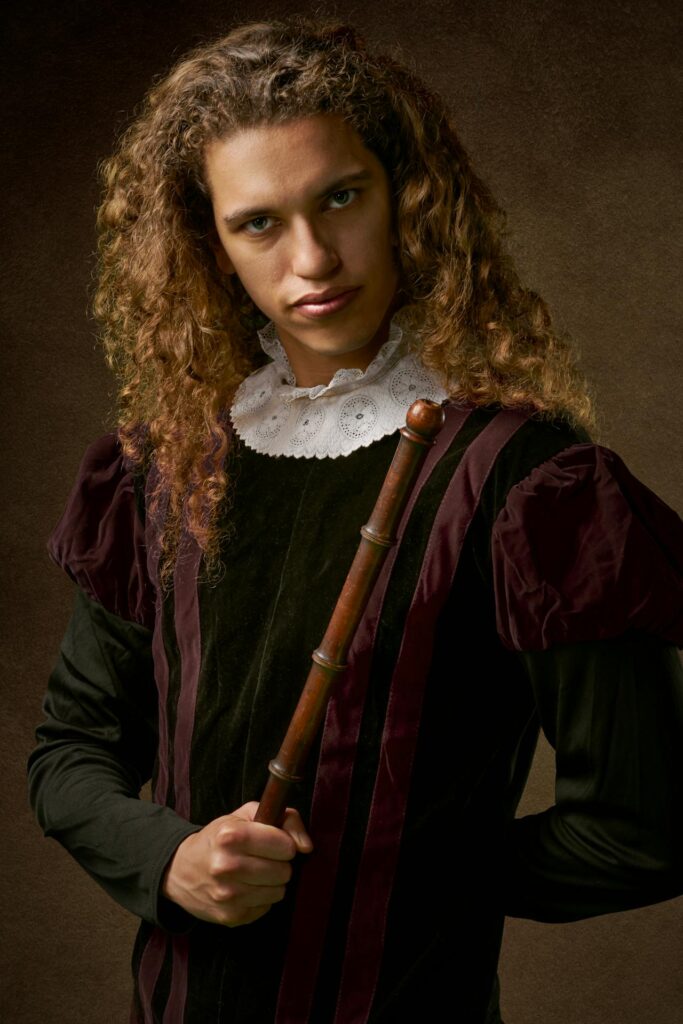
These surnames described a person’s appearance, personality, or notable traits.
- Armstrong – Given to someone with great physical strength.
- Black – Often denoted someone with dark hair or complexion.
- Blunt – Originally referred to someone with fair hair.
- Brown – Indicated brown hair or a tanned complexion.
- Cameron – Scottish name meaning “crooked nose.”
- Campbell – From Gaelic for “crooked mouth.”
- Curtis – Derived from the Old French for “courteous.”
- Dunn – Signified a dark or swarthy appearance.
- Fairchild – Given to someone with a beautiful or fair appearance.
- Goodwin – Meant “good friend” or companion.
- Hardy – Denoted a bold or courageous person.
- Longfellow – Given to someone notably tall.
- Merrick – Welsh name meaning “fame-ruler.”
- Morris – Often indicated dark skin (from “Moorish”).
- Paine – Meant “countryman” or rustic.
- Peverell – Possibly meant “little pepper” (fiery personality).
- Pike – May have referred to someone sharp-featured.
- Quick – Given to a lively or fast-moving person.
- Redmond – Meant “wise protector.”
- Russell – Signified a red-haired person.
- Savage – Originally meant “wild” or untamed.
- Stern – Described someone severe or strict.
- Swift – Given to fast-moving individuals.
- Tait – Meant “cheerful” in Old Norse.
- Trotter – Referred to a messenger or fast walker.
- Young – Distinguished a younger family member.
5. Noble & Knightly Surnames
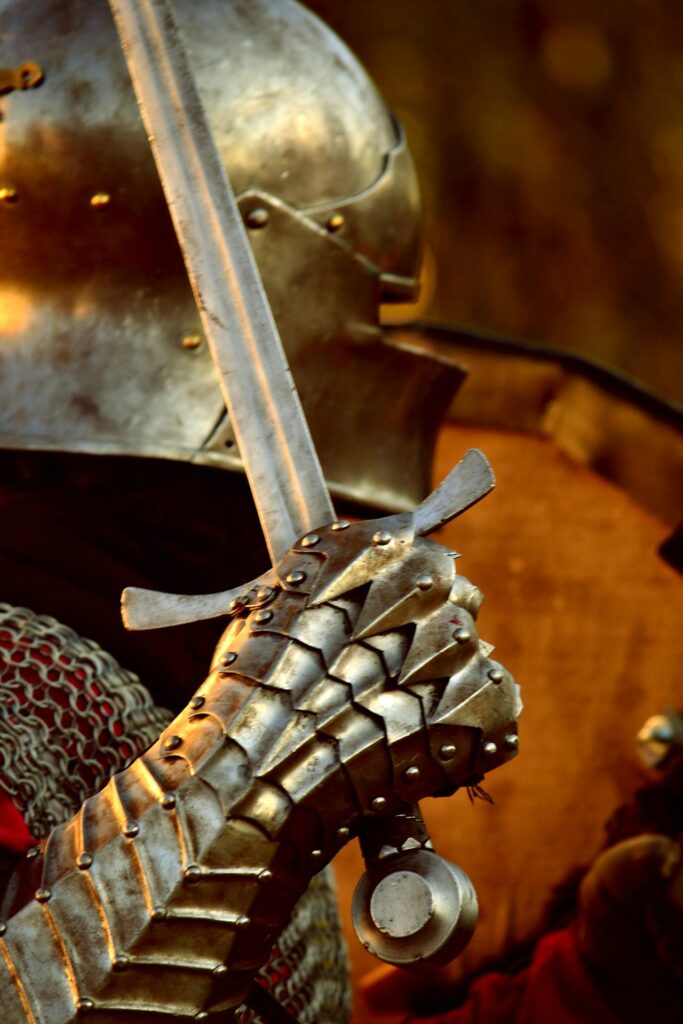
Names associated with nobility, knights, and chivalry.
- Ainsworth – From a noble’s estate.
- Beaumont – French for “beautiful mountain.”
- Berkley – From the birch meadow.
- Chamberlain – A royal household officer.
- Chaucer – Originally meant “shoemaker.”
- Chester – From the Roman fort.
- Deighton – From a dairy farm.
- Deveraux – From the riverbank.
- Dumont – French for “of the mountain.”
- Fitzwilliam – Noble lineage (“son of William”).
- Gresham – From the grazing homestead.
- Harcourt – From the fortified court.
- Langdon – From the long hill.
- Lancaster – From the Roman fort.
- Montgomery – “Mountain belonging to the ruler.”
- Mortimer – From French “mort mer” (dead sea).
- Northcott – From the northern cottage.
- Percival – Arthurian knight name.
- Prescott – From the priest’s cottage.
- Raleigh – From the deer meadow.
- Stanhope – From the stony valley.
- Stanton – From the stony settlement.
- Sutherland – Scottish for “southern land.”
- Warwick – From the dairy farm near the weir.
- Wentworth – From the white settlement.
- Whitman – White-haired man.
- Winchester – From the Roman fort.
6. Mythical & Legendary-Inspired Surnames
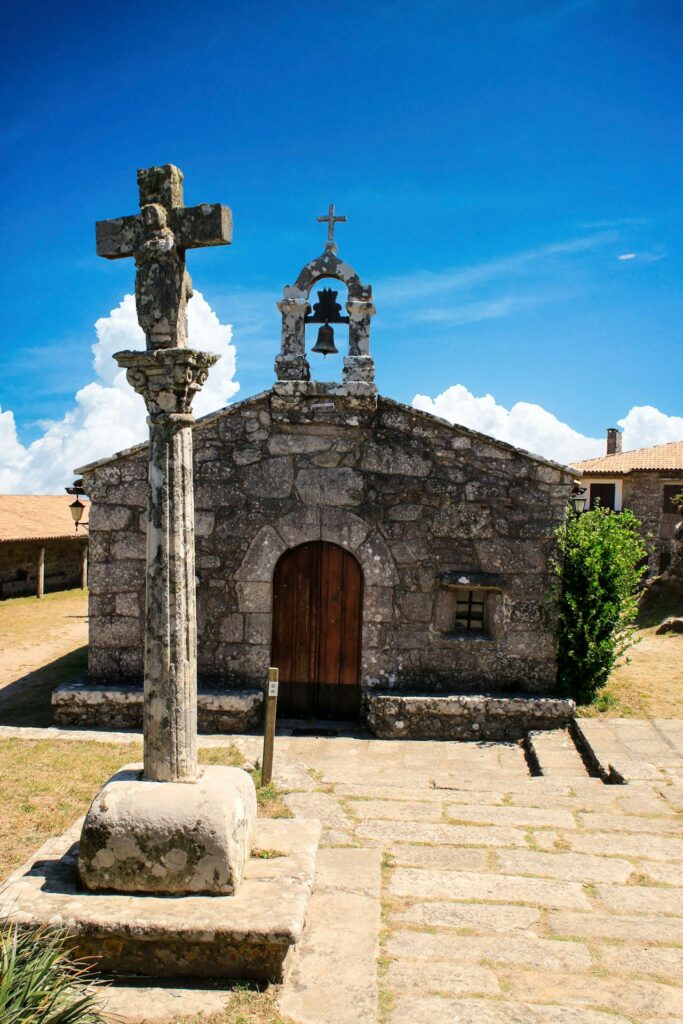
Names with ties to myths, legends, and folklore.
- Avalon – Mythical island of Arthurian legend.
- Drake – Means “dragon” or “serpent.”
- Gawain – Arthurian knight meaning “white hawk.”
- Griffin – Mythical beast (half-eagle, half-lion).
- Lancelot – Famous knight of the Round Table.
- Pendragon – Title meaning “chief dragon.”
- Ravenwood – From the raven’s forest.
- Tristan – Legendary knight name meaning “sorrowful.”
7. Rare & Unique Medieval Surnames
Uncommon names that stand out in historical records.
- Aethelred – Old English for “noble counsel.”
- Balthazar – One of the Biblical Three Wise Men.
- Bartholomew – Aramaic for “son of Talmai.”
- Cedric – Possibly invented by Sir Walter Scott.
- Dagworth – From the dagger’s enclosure.
- Eldric – Means “old ruler.”
- Godric – Means “God’s ruler.”
- Leofric – Old English for “beloved ruler.”
- Osric – Means “divine ruler.”
- Thurston – Means “Thor’s stone.”
- Wulfric – Means “wolf ruler.”
8. Nature-Inspired Surnames
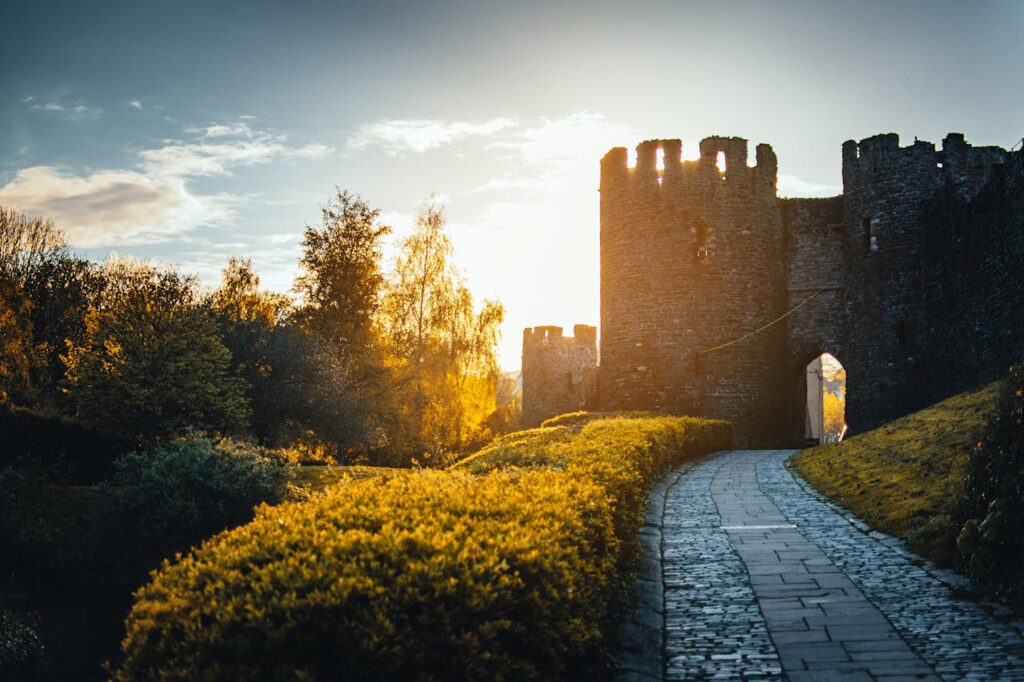
Names derived from the natural world.
- Ashdown – From the ash tree hill.
- Brookshire – From the brook’s district.
- Chesterton – From the chestnut tree town.
- Elmsworth – From the elm tree estate.
- Fernside – From the fern-covered area.
- Glenwood – From the valley forest.
- Hazelton – From the hazel tree town.
- Oakley – From the oak tree meadow.
- Rowan – From the rowan tree.
- Thornbury – From the thorn bush town.
For medieval last names use our generator
Final Thoughts
Medieval surnames weren’t just identifiers—they told stories of lineage, trade, and even personality. Whether you’re naming a character or exploring your own ancestry, these names offer a fascinating glimpse into the past.
Did any of these surnames catch your eye? Do you have a medieval name in your family tree? Share your thoughts in the comments!
Key References & Resources
Online Etymology Resources:
1. Ancestry.com’s Surname Database (https://www.ancestry.com/name-origin)
2. HouseofNames.com historical surname research (https://www.houseofnames.com)
3. Behind the Name – Surname Etymology (https://www.behindthename.com)
4. The Internet Surname Database (https://www.surnamedb.com)
